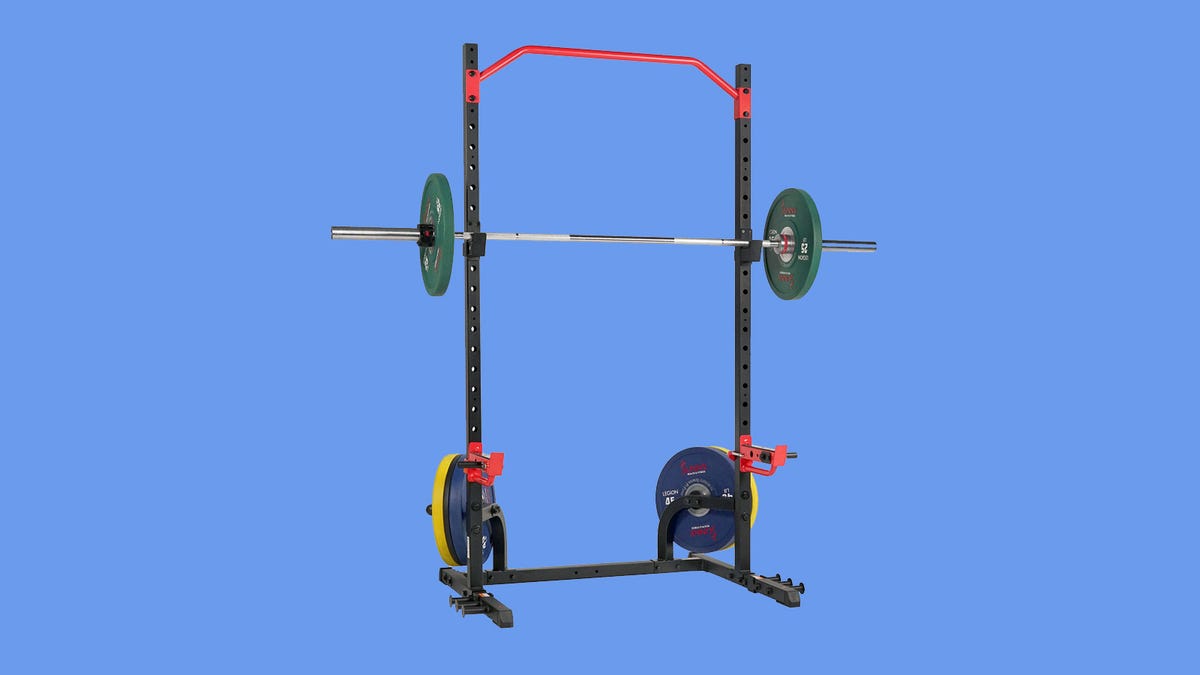Microsoft and Neon have announced the general availability of Neon Serverless Postgres as a native integration within the Azure ecosystem. The GA release follows the preview announcement in December 2024, which first introduced Neon Serverless Postgres as an Azure Native Integration.
Neon is a serverless open-source alternative to AWS Aurora Postgres. It separates storage and compute and substitutes the PostgreSQL storage layer by redistributing data across a cluster of nodes. By integrating into the Microsoft Azure ecosystem, both aim to provide Azure developers, particularly those working on AI platforms, with a scalable, cost-efficient, and developer-friendly serverless Postgres solution directly integrated into the Azure environment.
According to Nikita Shamgunov, CEO of Neon, this integration offers significant advantages for developers, especially those building AI applications:
Neon Serverless Postgres scales automatically to match your workload and can branch instantly for an incredible developer experience. And for AI developers concerned about scale, cost efficiency, and data privacy, Neon enables them to easily adopt database-per-customer architectures, ensuring real-time provisioning and data isolation for their customers.
This vision was initially outlined during the preview phase, highlighting the potential for seamless scaling and branching capabilities.
The Azure Native integration allows developers to seamlessly provision and manage Independent Software Vendor (ISV) software and services within Azure. As with the preview, Neon’s native integration provides an experience consistent with other Azure services, fully integrated with Azure’s workflows, identity systems (Microsoft Entra ID), and billing framework.
Developers can now provision Neon Serverless Postgres directly from the Azure Portal. It is listed alongside Microsoft’s database offerings in the Databases section and identified with a partner badge. The preview introduced this capability, allowing users to create a Neon organization directly from the Azure portal. Once provisioned, managing Neon projects, branches, and connection strings can be done through the Azure portal, Azure CLI, and Azure SDKs. The preview highlighted the unified billing and single sign-on (SSO) benefits using Microsoft credentials.
The General Availability release builds upon the preview by introducing several new features designed further to enhance the developer experience within the Azure ecosystem: Neon Project and Branch Creation from Azure, Direct Database Connection from Azure, Azure CLI and SDK Support, and Semantic Kernel Integration for RAG pipelines. According to the company, these features simplify team operations, CI/CD integration, environment management, and the connection process, extending the initial integration efforts seen in the preview.
(Source: Microsoft Community blog post)
While Neon Serverless Postgres on Azure promises ease of use and reduced management overhead, some in the community raise considerations inherent to managed database services. As one Reddit correspondent commented:
Generally, I would call ‘serverless’ a misnomer. There is a server. Always. It’s just that you’re not managing it yourself. And it could have some cool features, but on the other hand, if something breaks, it’s harder to get help, because you never know if the problem is with Postgres, or with the management thing… Personally, I prefer to learn what I don’t know, and pay what I have to pay for hardware, and not service. It’s SO MUCH cheaper. But I am firmly in ‘I enjoy the challenge’ group.
Neon positions itself as an ideal solution for both enterprises and AI startups, offering instant provisioning (a key feature emphasized since the preview), branching, seamless integration, and cost-effective development workflows. The integration with Semantic Kernel for AI applications further indicates its relevance in this domain, as highlighted in the preview and GA announcements.
Beyond Azure, developers exploring serverless Postgres or similar managed services can find options across other cloud providers like AWS (Amazon Aurora Serverless) and GCP (Cloud SQL with Autoscaling), as well as cloud-agnostic platforms such as Supabase and Aiven.
Lastly, Microsoft and Neon encourage developers to try out Neon Serverless Postgres on Azure by following the provided documentation.









